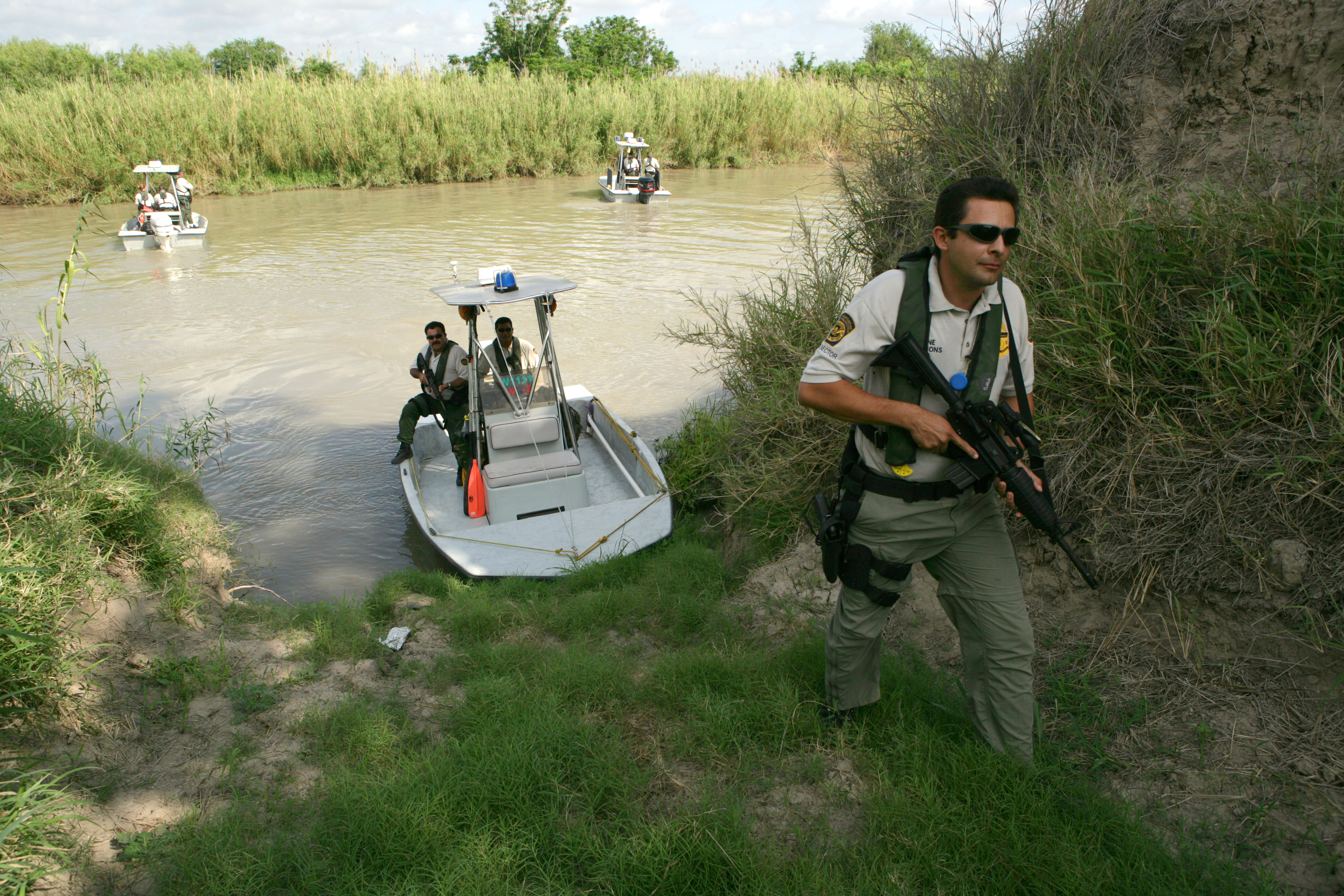Surveillance is a murky thing almost always attended by a self-censorship, quietly encouraging citizens to abridge their communication because maybe, perhaps someone is watching or listening. It’s a chilling of civil rights that happens in a creeping manner. Nothing can be trusted, not even the mundane, not even your own judgement. That’s the goal, really, of such a system–that everyone should feel endlessly observed.
In a Texas Monthly piece, Sasha Von Oldershausen, a border reporter in West Texas, finds similarities between her stretch of America, which feverishly focuses on security from intruders, and her time spent living under theocracy in Iran. An excerpt:
Surveillance is key to the CBP’s strategy at the border, but you don’t have to look to the skies for constant reminders that they’re there. Internal checkpoints located up to 100 miles from the border give Border Patrol agents the legal authority to search any person’s vehicle without a warrant. It’s enough to instill a feeling of guilt even in the most exemplary of citizens. For those commuting daily on roads fitted with these checkpoints, the search becomes rote: the need to prove one’s right to abide is an implicit part of life.
Despite the visible cues, it’s still hard to figure just how all-seeing the CBP’s eyes are. For one, understanding the “realities” of border security varies based on who you talk to.
Esteban Ornelas—a Mexican citizen who was charged with illegal entry into the United States in 2012 and deported shortly thereafter—swears that he was caught was because a friend he was traveling through the backcountry with sent a text message to his family. “They traced the signal,” he told me in his hometown of Boquillas.
When I consulted CBP spokesperson Brooks and senior Border Patrol agent Stephen Crump about what Ornelas had told me, they looked at each other and laughed. “That’s pretty awesome,” Crump said. “Note to self: develop that technology.”
I immediately felt foolish to have asked. But when I asked Pauling that same question, his reply was much more austere: “I can’t answer that,” he said, and left it at that.•
Tags: Sasha Von Oldershausen

